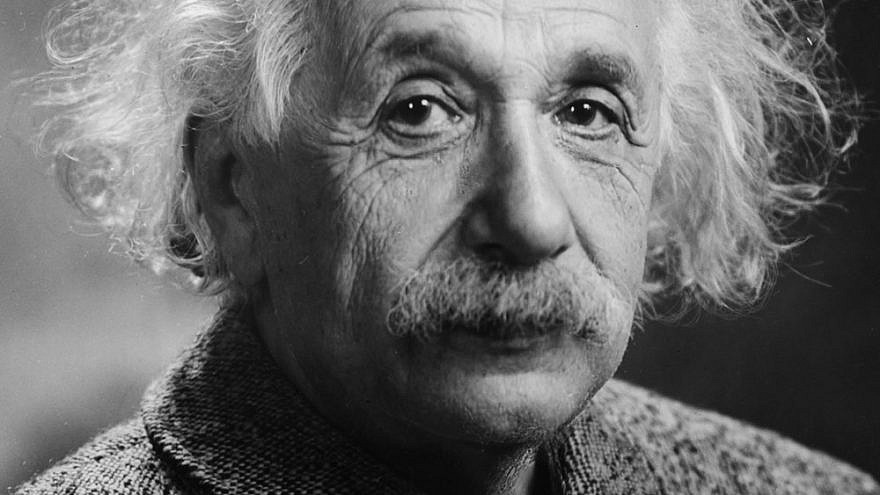On March 14, 1879, was born in Germany one of the most important figures of modern physics, Albert Einstein, Nobel Prize in Physics for the discovery of the law of the photoelectric effect and more identified by determining the best known formula of the planet: E = mc2.
Known for his great contributions to physics, Einstein was stimulated in the area of mathematics since childhood because in those years his father bought him models to build and a compass whose operation intrigued him for several years.
Awarded and recognized throughout his academic career, the German scientist lived much of his life as a citizen of the world studying in Italy and Switzerland, acquiring his citizenship in that country. Later, Einstein won the Nobel Prize in Physics in 1921 and thereafter, his popularity increased to unsuspected levels.
During the same year, Einstein visited the United States for several months to make visits and to preside conferences in universities and groups of scientists. With this trip, the scientist would initiate an international tour that would include places like Palestine, Japan, Singapore and England.
As a Jew, Einstein expressed his happiness at the steady growth of his people as a major force in the Middle East under the tutelage of the British Mandate. Years later, Einstein would see how Israel would be created and reject a proposal by Ben Gurion to be president of the Hebrew State.
However, the rise of Hitler in Germany forced the physicist to remain in the United States during 1933. Years later, in 1940, his adoptive nation would grant him citizenship, initiating a career of scientific contributions that would lead to the Manhattan Project, something the one that would regret until the end of his days.
Over several decades, Einstein was blamed for being the precursor of the atomic bomb; however, their participation was limited to denouncing the use of this technology for the war and to the prevention to the then president Roosevelt that the German forces of the Axis were developing a nuclear weapon.
Thanks to his contributions, the once rejected and debatable theory of relativity would be accepted internationally, in addition to others as important to modern physics as his observations on the behavior of photons and quantum energy; the atomic vibrations, the duality of the wave-particle, the Principle of Equivalence, the study of Wormholes, among many others that he made alongside other scientists or by himself.
Thanks to Einstein, diverse areas ranging from physics to science fiction were nourished by theories, reviews and comments on different topics that the scientist produced to try to explain the conditions in which we exist.

























